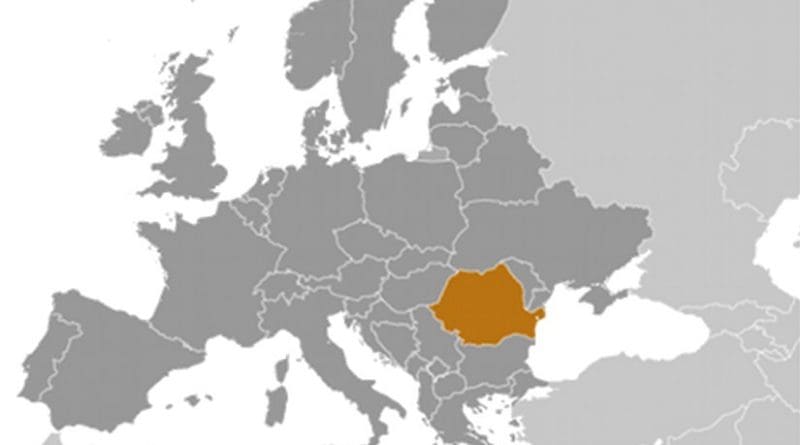Romania: Government To Scrap Anti-Graft Decree Amid Protests
By Ana Maria Touma
Sorin Grindeanu, Romania’s Prime Minister, announced on Saturday that the cabinet would hold an emergency meeting on Sunday to annul a decree decriminalizing some graft offences.
After a day of negotiations between the ruling Social Democrat Party, PSD, leadership and its junior ally, the Alliance of Liberals and Democrats, Grindeanu said that PSD would rescind the decree but propose the same changes in a bill which will be send to parliament for debate.
Despite the announcement, protester have gathered for a fifth night in a row outside the government building.
Currently, around 170,000 people in Bucharest and 320,000 across the country are protesting demanding the government resign.
Adopted on January 31, the decree which is seen as the biggest step backward since the country joined the European Union in 2007, would decriminalize abuse-of-office offences involving sums below 200,000 lei (45,000 euro).
The move has triggered the country’s largest protests since the fall of communism.
Grindeanu announcement came just hours after Liviu Dragnea, PSD chief, hinted that he might ask the Prime Minister to repeal the decree in order to avoid a political crisis and clashes between PSD supporters, who have threatened counter protests.
The decree has also sparked turmoil within the PSD, with several state officials – including the minister of business environment, a state secretary and a member of European Parliament resigning. A vice-president of the party also said the decree should be withdrawn.
Dragnea chose Grideanu to head the cabinet because he couldn’t become PM himself due to a two-year suspended jail sentence for rigging a referendum in 2012.
The PSD chief is also under prosecution in a graft case for using his political influence to secure state salaries for two people working at his party headquarters between 2006 and 2013.
If the decree is enforced next week, the anti-graft prosecutors will be forced to drop charges against Dragnea.

